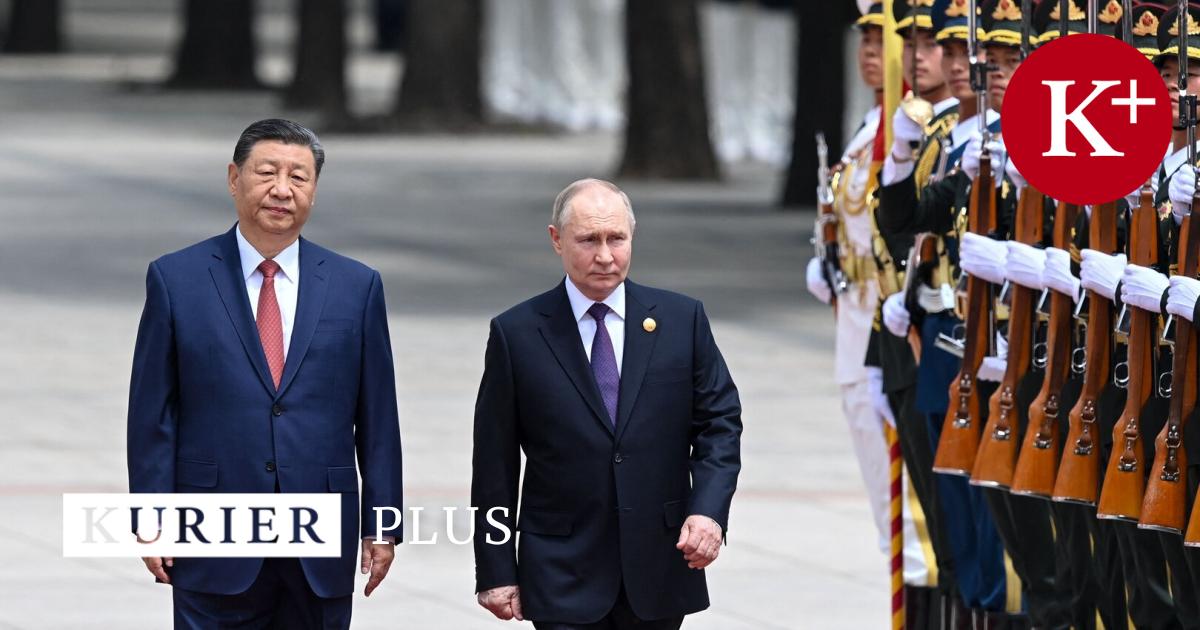Susanne Weigelin-Schwiedrzik, a sinologist, explains that China is in a delicate position regarding peace in Ukraine due to its economic ties with Russia. Beijing’s support for Moscow through energy purchases and trade in dual-use goods keeps the Russian war effort going. However, China has also been engaging with the US in hopes that Washington can play a role in achieving peace. Beijing sees Ukraine as being influenced by US demands, rather than acting independently in negotiations.
Putin’s recent statements are aimed at shifting the blame away from himself for blocking peace negotiations in the Ukraine conflict. This is also seen as a message to China, which is eager for peace talks. The upcoming peace conference in June in Switzerland, initiated by Ukrainian President Volodymyr Zelensky, does not include representation from Russia, leading China to withhold its agreement until all relevant parties are involved. Putin’s statements can be seen as a gesture of gratitude towards China for this stance.
Weigelin-Schwiedrzik believes that China’s motivation in mediating the conflict is not solely economic; it also seeks recognition as a global power. If China can successfully bring both sides to the negotiating table, it would be a significant achievement for the country’s international standing. Overall, China’s involvement in the Ukraine conflict reflects its complex balancing act between supporting Russia and engaging with the US for the sake of peace.
As part of its strategy to gain recognition and influence on the world stage, China’s involvement in mediating the Ukraine conflict is an important step. China’s interactions with both Russia and the US reflect its broader foreign policy goals and its desire for a seat at the table in global affairs. Ultimately, China’s role in the Ukraine conflict showcases its evolving approach to international diplomacy and its aspirations for global leadership.



